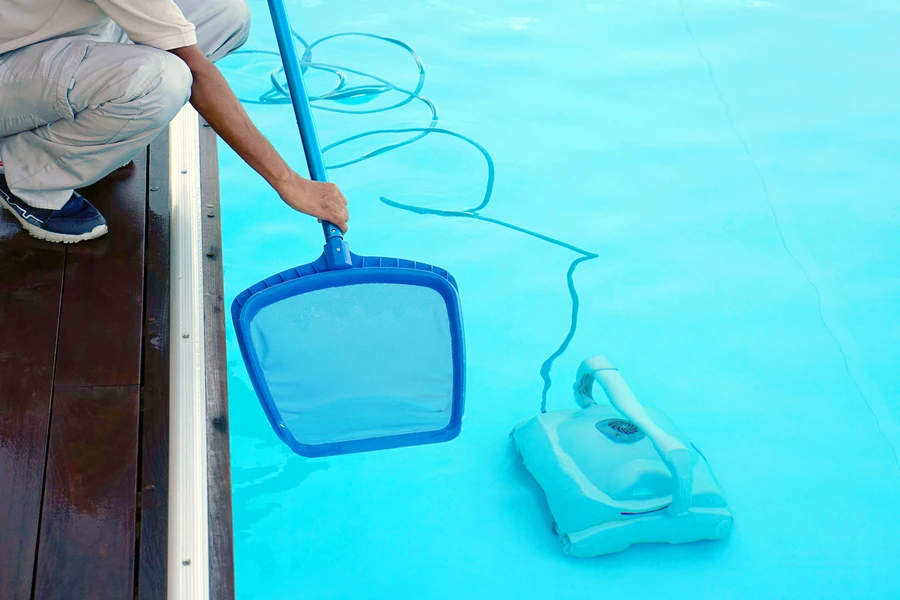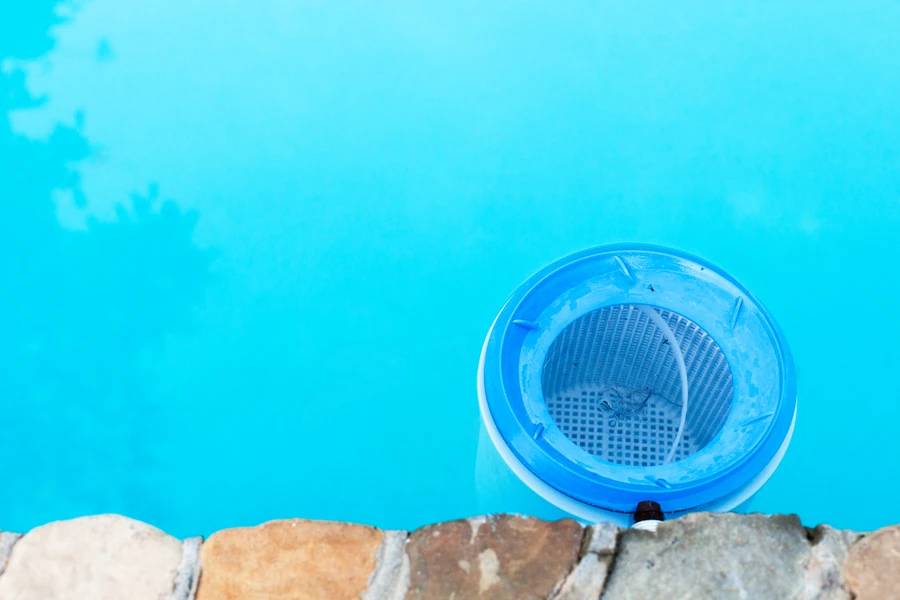Understanding the Basics of Water Chemistry for Pools
Keeping a pool in pristine condition requires more than just a regular cleaning routine. One of the most important aspects to consider is water chemistry. Proper management of pool water chemistry ensures swimmer safety, prolongs equipment lifespan, and maintains the pool’s aesthetic appeal. The balance of chemicals in your pool affects everything from clarity to comfort and hygiene. This balance can be achieved with a clear understanding of how different chemicals interact in your pool.

Importance of Chemical Balance
Maintaining the right chemical balance in your pool water is crucial for effective pool maintenance. If the water’s pH level is too high or too low, it can lead to several problems. A balanced pH keeps the water comfortable for swimmers and protects pool equipment from corrosion. Furthermore, an adequate chlorine level helps in sanitizing the pool by killing harmful bacteria and algae.
Common Water Chemistry Issues
Pools often face issues like cloudy water, algae growth, and skin irritation, all of which are related to poor water chemistry management. For instance, if there is insufficient chlorine, algae may develop, leading to green, murky water. On the other hand, overly acidic or alkaline water can irritate swimmers’ skin and eyes. These issues highlight the necessity of consistent pool maintenance practices to keep water quality optimal.

Steps to Achieve Optimal Water Chemistry
To achieve the perfect balance of water chemistry, follow these steps:
- Test the water regularly using reliable pool test kits.
- Add necessary chemicals like chlorine or pH adjusters based on test results.
- Ensure proper filtration by cleaning filters as recommended.
- Check and maintain the total alkalinity levels.
- Use algaecides if necessary to prevent algae growth.
Tips for Effective Chemical Management
Consistent monitoring and adjustments are key to effective chemical management in your pool. Here are some expert tips:
- Test the pool water at least once a week.
- Record the test results to track patterns over time.
- Use quality chemicals to ensure effectiveness and reduce waste.
- Avoid mixing different chemicals together unless specified as safe.
- Consider professional water testing services for accurate results.
Standards and Regulations for Pool Water
There are industry standards and regulations designed to ensure pool safety and water quality. Regular testing should meet guidelines set by organizations such as the CDC and local health departments. These standards cover areas like acceptable pH levels, chlorine concentrations, and total alkalinity. Staying informed about these standards helps maintain compliance and ensures a safe swimming environment.
Cost Considerations of Water Chemistry Management
The costs associated with managing pool water chemistry can vary based on factors such as pool size and usage frequency. However, investing in quality testing kits and chemicals is essential for long-term savings. By maintaining proper chemical balance, you can avoid expensive repairs caused by corrosion or damage due to imbalance. This approach not only saves money but also improves the overall lifespan of your pool equipment.
Conclusion: Achieving Balanced Pool Chemistry
To maintain an inviting and healthy pool, understanding and managing water chemistry is vital. Regular testing, using quality chemicals, and adhering to industry standards ensure your pool remains a safe place for enjoyment. For those seeking expert assistance, Ultra Marine Pools of Punta Gorda offers professional services tailored to meet all your needs. Contact us today at (941) 889-8658 to learn more about our offerings. Our team is based in Punta Gorda, FL and ready to assist you in achieving the perfect pool experience.